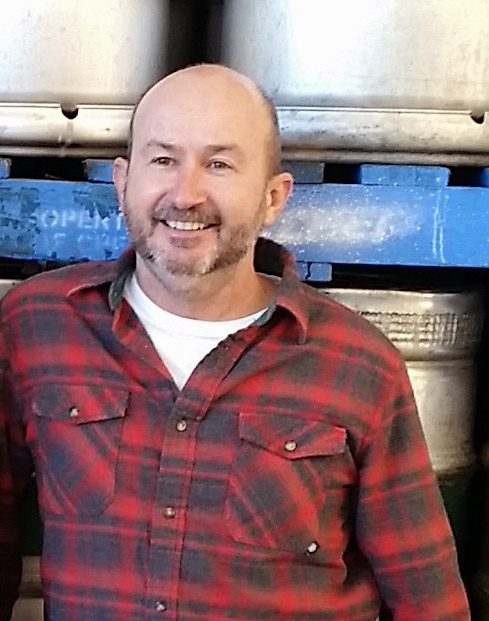
Pirate Life sale a wake-up call for drinkers: Stone & Wood

Pirate Life and their new owners, AB InBev
The sale of Pirate Life to AB InBev is “Australia’s Wicked Weed moment” that should give drinkers reason to scrutinise more carefully which independent brewers they choose to support, says Stone & Wood co-founder Jamie Cook.
Thursday’s sale of Pirate Life was similar to the sale in May of North Carolina’s Wicked Weed, in that both were very young brands with similar positioning, Cook told Brews News.
“They certainly appeal to a more pointy end consumer, who are a bit more emotionally charged about things,” he said.
“I think people probably expected that the bigger guys who appear to just be producing approachable beers are the ones who are going to sell out.
“I think we’ve seen that that’s not the case. It’s sort of like Australia’s Wicked Weed, I think it will get people a little more focused and looking at who they are really putting their money into as drinkers and customers.”
Cynicism and suspicion
Cook said the sale of 4 Pines, Feral and Pirate Life in quick succession will undoubtedly drive some cynicism and suspicion among consumers about the real motives of all independent breweries.
“People build these businesses based on trust between them and their loyal customers and drinkers,” he said.
“When a transaction like this happens, we know the brewery and the brand will pay the price, but so does the whole industry really.
“There’s a loss of trust between drinkers wanting to engage with small independent businesses on the basis that’s who they are and that’s who they represent. For them to all of a sudden use that loyalty to cash in their chips, that breaks the trust.”
Telltale signs
But Cook said there are likely some early warning signs for drinkers as to which brands are in it for the long haul, versus those that are working towards an exit.
“It’s not just ownership, it’s the way they behave. We’ve seen businesses that appear in the market and make a lot of noise about the beer that they produce, but what’s actually behind it apart from that?” he said.
“How much of their loyalty is converted not just into providing value for their shareholders but for the other stakeholders in the business; their customers, their drinkers, their suppliers and the community?
“That’s what conscious businesses do, and conscious drinkers will look out for those businesses.”
Brewers owe their supporters
Cook said he does not subscribe to the view that breweries who choose to sell out “don’t owe anyone anything”.
“I think a business owes a lot to customers and drinkers who have parted with their hard earned to buy their beer,” he said.
“Without them, these guys wouldn’t have the luxury of selling their businesses for good money.
“That consumer loyalty that was there, the sellers of these businesses are reliant on it to build a good sale price into their business.
“The hard economics of it it is that these people have actually funded their exit and beer is a very emotionally charged transaction, so that’s why you get the emotional reaction when the trust is breached.”

Jamie Cook
Sell-out rhetoric
Cook said it does not follow that just because a brewery has reached capacity, it has no alternative other than to sell, as Pirate Life suggested in its sale announcement.
“That’s bullshit about the only way to grow is to sell your business,” he said.
He said it is a bitter pill for drinkers to swallow when the companies that sell then recite from the same script about how nothing will change under multinational ownership.
“To then turn around and have to toe the company line about, ‘it’s a partnership, all the team will be staying on, things won’t be different around here, it’s just about beer, it doesn’t really matter who owns the business’… all the crap that the collective of former business owners around the world continue to spin,” he said.
“You sell your business, fair enough. But you don’t have to sell your soul along with it.”
He said breweries are very naive if they think they will be achieving their own dreams once they are part of a giant corporation.
“The corporation will be dominating the globe, not you. You no longer own the business,” he said.



